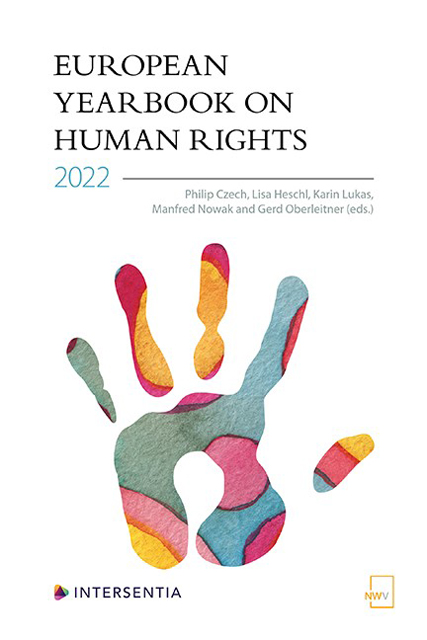Sören Stapel: Regional Organizations and Democracy, Human Rights,and the Rule of Law: The African Union, Organization of AmericanStates, and the diffusion of Institutions
Published online by Cambridge University Press: 20 April 2023
Summary
Cham, Palgrave Macmillan, 2022, 349 pages, € 109.99 (Hardcover)
Stapel’s book examines why regional organisations create ‘regional institutions’, and how such institutions are implemented. Regional institutions are ‘sets of rules and standards that govern the behaviour of states’ within or of a regional organisation [3]. The book focuses on regional institutions that promote and protect democracy, human rights, and the rule of law. According to Stapel, of the 73 regional organisations in the world, more than 40 had adopted at least one of the three fundamental governance standards by 2020 [5,7], and only about 20 have not yet adopted any of these three standards. This monograph discusses the adoption and design of these regional institutions, but without addressing their effects and effectiveness [4]. The adoption and design of democracy, the rule of law, and human rights institutions in regional organisations depend, pursuant to the central argument of the book, on two different factors that affect each other: demands and diffusion [11 et seq]. On the one hand, these fundamental governance standards are fleshed out according to the interests of the Member States in pursuing their distinct objectives (‘demands’). And, on the other hand, regional organisations will model their institutions after those already existing in other regional organisations (‘diffusion’). In the analysis, Stapel employs a mixed methods approach [cf. 15 et seq]. He fi rst analyses data collected in two so-called ‘GTRO-data sets’ (acronym undefi ned) that he developed [90 et seq], before empirically testing the interplay between demand and diffusion. The analysis is complemented by two case studies that examine, in detail, the governance standards of the Organization of American States (OAS), on the one hand [201 et seq], and the African Union (AU) and its predecessor, the Organization of African Unity (OAU), on the other [237 et seq]. The selection of these two case studies already suggests that the book follows a different path to comparable works in the field.
- Type
- Chapter
- Information
- European Yearbook on Human Rights 2022 , pp. 785 - 788Publisher: IntersentiaPrint publication year: 2022



